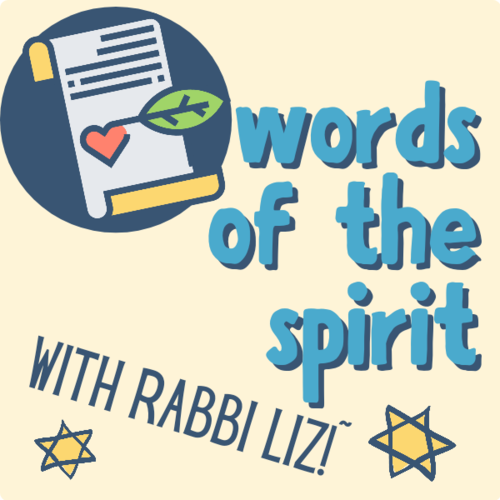Singing, for Joy
16/02/2016 09:32:34 PM
| Author | |
| Date Added | |
| Automatically create summary | |
| Summary |
I am sometimes asked: “How did you become a woman rabbi?”
On occasion, I can have fun with the interlocutor, and make jokes about discovering, at that moment – with shock, shock! – that I’m a woman!
Next weekend, I get to be a human “book” with the joint CBC/OPL Human Library project. Folks who participate will surely include many who will be meeting a woman rabbi for the first time. For some, however, who learn about my previous career, there might emerge the question: “Why did you not become a cantor?”
The answer to each question is, in essence, the same. Working and living as a rabbi is the way I integrate all of my selves. And for me, along with many others, music is a path of creative as well as spiritual expression, the means through which many moments in our Jewish lives are most deeply experienced.
I always sang, and it always gave me joy. I remember some kind of girl’s retreat out in the country, perhaps it was through B’nai Brith. Many aspects of the memory are fuzzy, like the content of the program, how old I was, who the leaders were. But I remember the songs that were played on the jukebox, and I clearly remember harmonizing on the bus, especially because one of older girls patted me on the head, remarking “how cute” when I made up harmonies to “Four Strong Winds” or “Leaving on a Jet Plane.”
My impulse to sing and play piano didn’t necessarily have much opportunity for expression in a Jewish context, though. I always loved ritual. In afternoon Hebrew school, we davenned mincha* every Tuesday and Thursday, and I enjoyed chanting the rhythmic phrases of the amidah**.
Though I always knew that music would remain central to my life, I had no idea, when I entered the Reconstructionist Rabbinical College with a previous career in classical singing, that I would be able to integrate all of my skills and selves so fully. From starting a choir – called the ApiChorus - to teaching singing, to joining the faculty upon graduation as the instructor of hazzanut/ cantorial arts, that experience was a tremendous blessing.
Visitors to OrH often remark about the way that everyone participates in the service, including through song. What happens when we raise our voices together powerfully transcends differences in skill level, age, outlook, temperament, or theology.
Whether old or new, rehearsed or spontaneous, serious or playful, singing is joy-full.
Please join us for Shira -- Music and song, on Saturday, February 27. Details are in the calendar.
-Rabbi Liz
* prayed the daily afternoon prayer service
** the standing prayer
Wed, 9 July 2025
Special Messages from the Rabbi
Privacy Settings | Privacy Policy | Member Terms
©2025 All rights reserved. Find out more about ShulCloud







